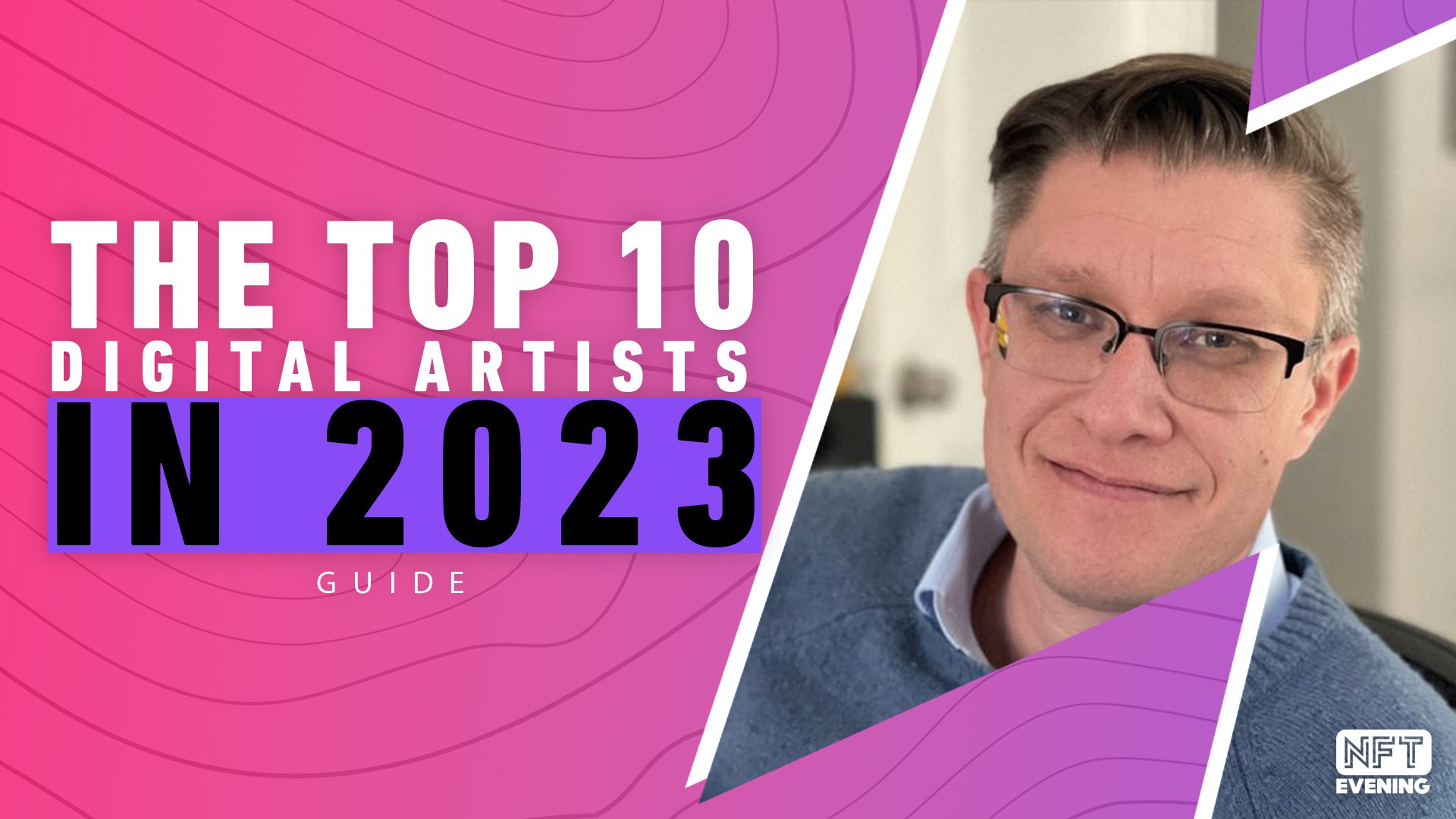Dive into the dynamic world of digital art and artists, where creativity knows no bounds! We’ve curated a list of leading digital artists, from NFT creators to AI-powered innovators and digital collage visionaries. Explore their exceptional work and uncover the tools they use to bring their art to life.
Moreover, we will also take a look at the apps and programs that digital artists use. Join us in this thrilling journey through the digital art cosmos, where the canvas is digital, the possibilities are limitless. The future of art awaits!
Famous Digital Artists You Should Know
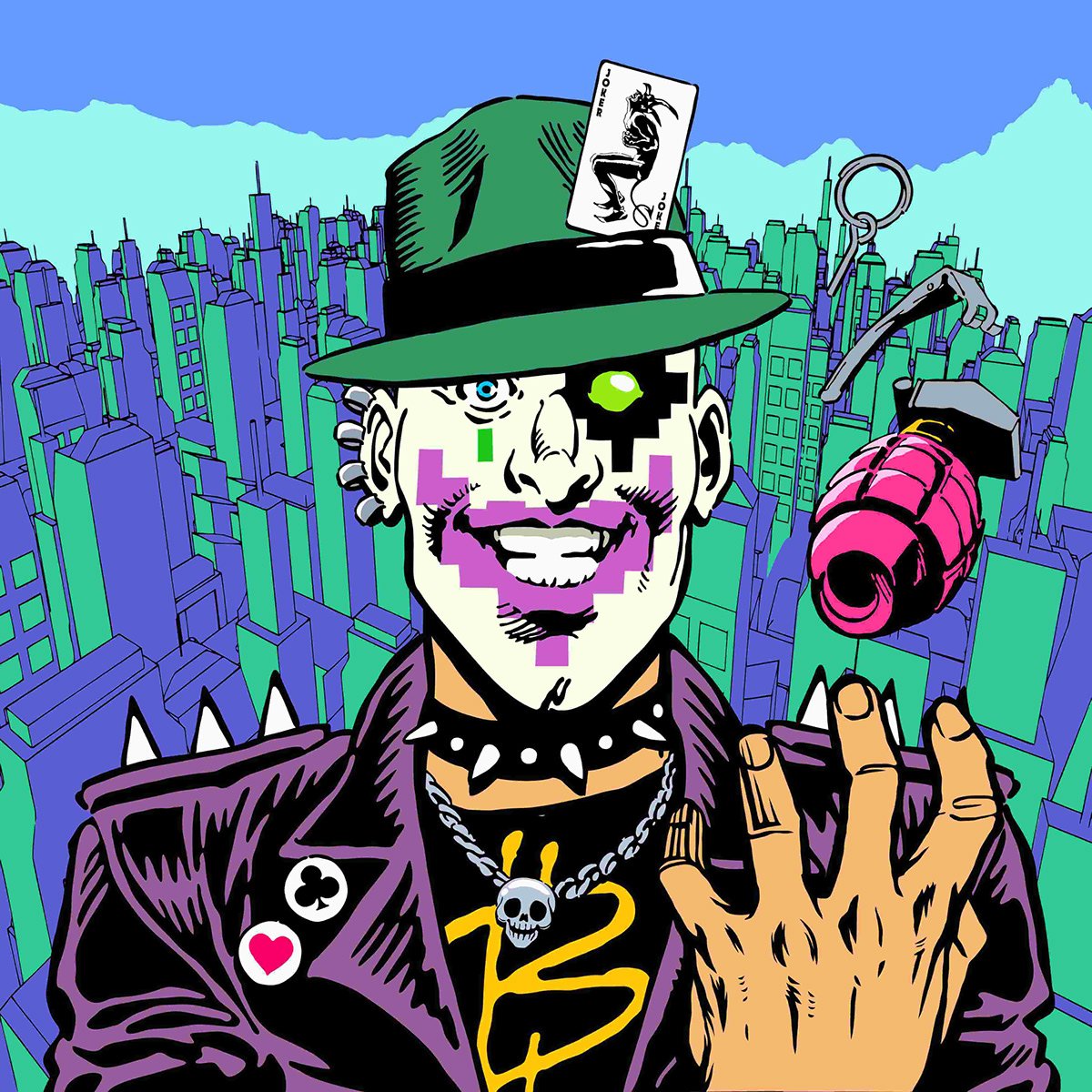
Butcher Billy stands as a renowned digital artist and graphic designer, reshaping the essence of comics and reinvigorating Pop Art culture. To clarify, Pop Art isn’t dormant; however, a glimpse into his creations reveals a fresh perspective. Butcher Billy’s extensive portfolio includes projects for Netflix, Stranger Things, Black Mirror, Marvel, and more. His art dispels any doubts about the fusion of potent retro aesthetics with unbridled experimentation.
Through his unique lens, you’ll gain an entirely fresh outlook on cinematic icons and beloved comic narratives, spanning an array of TV shows. There’s hardly a single one that Butcher Billy hasn’t reimagined through his digital artistry. Notably, a few years back, he disrupted the industry with his Post-Punk Marvels series. In this series is where he ingeniously cast his favorite rock stars as characters within the pages of superhero comic books.
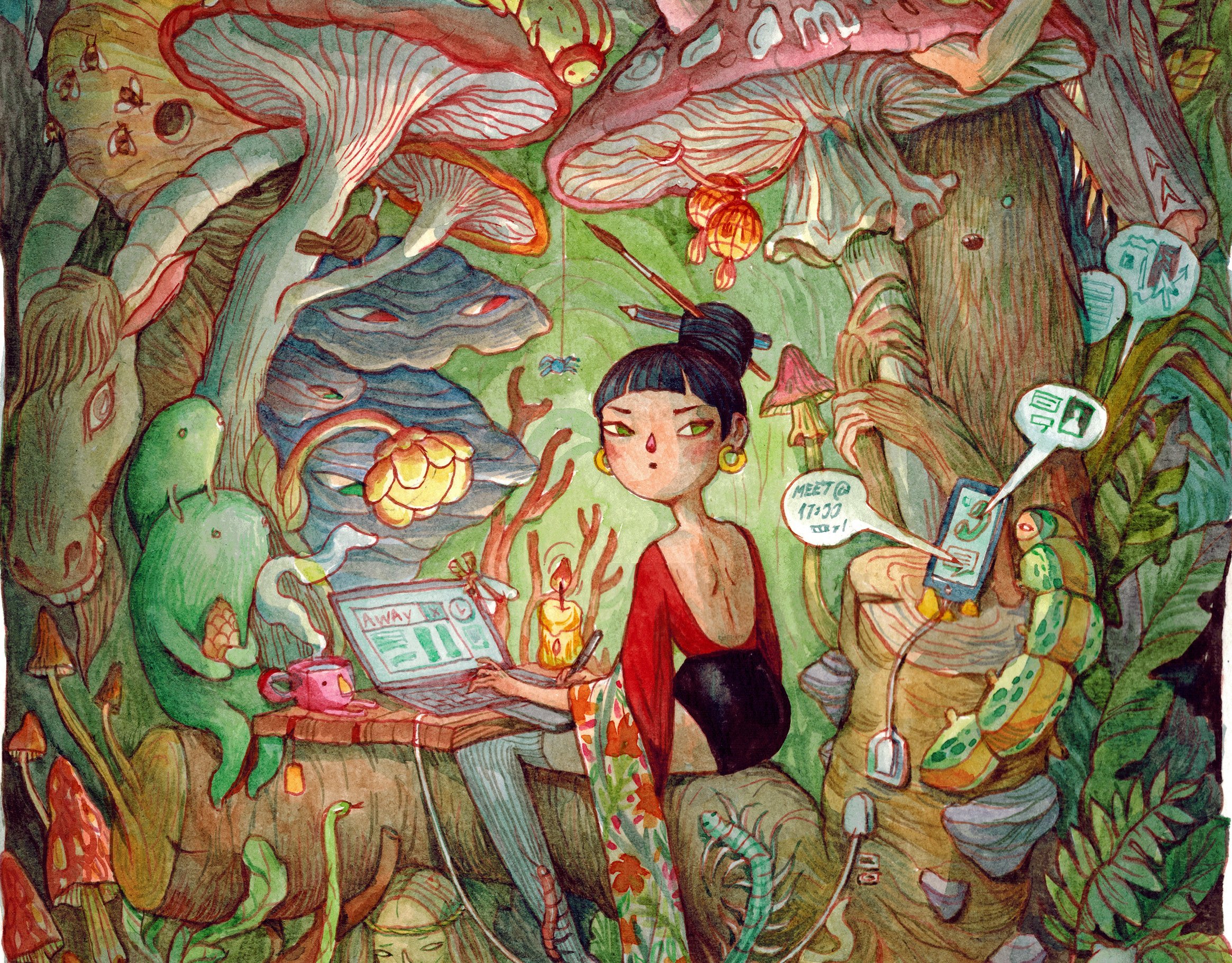
For those enamored with Bosch’s intricate multi-plot paintings teeming with countless characters and scenes meticulously etched onto a single canvas, Marija Turina’s artistic style presents a captivating revelation. In stark contrast to the somber medieval aesthetics of her predecessor, she unfurls a vivid tapestry of search-and-find artworks, brimming with exuberance and vitality. Unquestionably, Marija stands as the preeminent digital artist in her mastery of the minutiae.
Within the realm of her illustrations, every character pulsates with an overflow of emotions. Each endowed with distinctive features meticulously crafted to accentuate their individual personas. My introduction to Marija’s creative prowess came via her Coffee Characters project. Instantly, I was entranced by the formidable women personifying beloved coffee concoctions.
Since that initial encounter, my admiration for her emotionally resonant, cartoonish style has continued to flourish, paralleling Marija’s ever-expanding portfolio, including her recent release, a captivating search-and-find book titled “Where are you.”
![]()
Paul, aka The Rusted Pixel, is an outstanding 3D designer from Ireland. In his portfolio, you’ll find projects for Adobe, Google, Disney, Spotify, MTV, and other companies most designers and artists strive to work with. However, the thing I adore most about Paul is the incredible worlds and characters he creates.
He draws inspiration from the countryside and coastline of Donegal, where he’s from. So every digital art illustration is filled with local coziness and a simple yet fairytale vibe. Every detail has its story, and by creating smooth, flexible textures, Paul turns on tactile curiosity. So it feels like you are really touching all those teeny-tiny leaves or kitchen utensils and get closer to Paul’s digital universe.
Best Digital Artists: NFTs
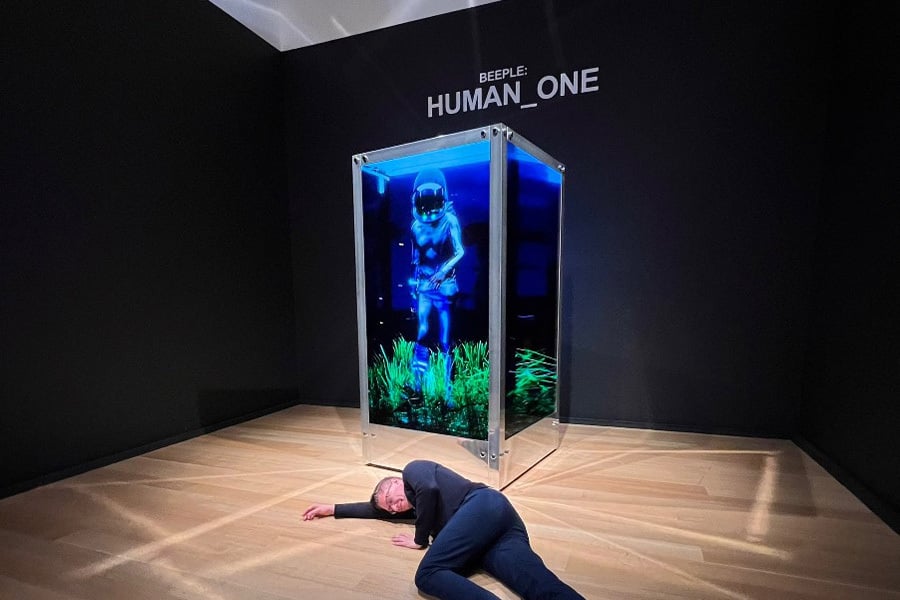
Mike Winkelmann, or Beeple, is one of the top digital artists in the world. He creates 3D art known for conceptual, dystopian works with a sharp reflection on modern pop culture. He’s also famous for selling the most expensive NFT. Mike’s perception of reality is something that can’t leave a single person cold.
Cinema4D videos and animations, parodies, caricatures, and album covers — both as a digital illustrator and modern artist. He shows extreme audacity mixed with a powerful yet grim touch of cyberpunk aesthetic and uncertainty. Beeple is a true hard work success story, if you’re asking the question “How much do digital artists make?“, here’s your answer to hone your craft.
Beeple brings together stand-out skills, unique vision, and extreme devotion to the art. Day by day, since 2007, he draws and posts sci-fi illustrations, so his micro-universe keeps expanding with time. In 2021 he sold a part of his works, Everydays — The First 5000 Days, as an NFT for a mind-blowing $98 million.
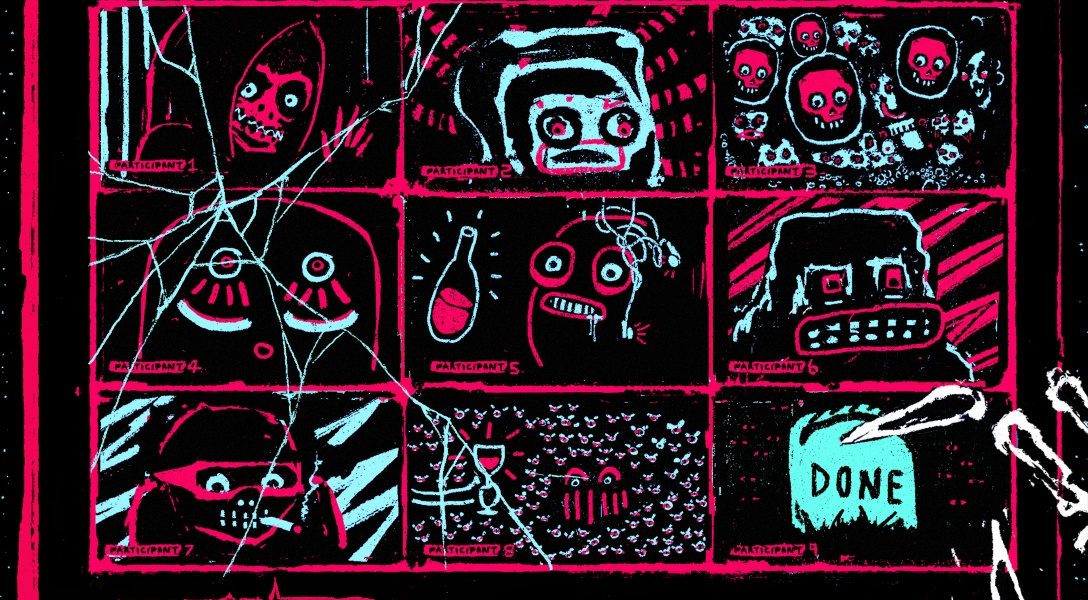
XCOPY, an artist of unparalleled acclaim within the crypto art realm, has carved out a niche defined by his unsettling and mortality-infused creations. Characterized by their animated GIF format, his artworks pulsate with vibrant neon distortions. Operating under the veil of anonymity as an NFT glitch artist, XCOPY’s portfolio has commanded staggering sums, with his “Right-click and Save As Guy” NFT masterpiece setting an astonishing benchmark at a record-breaking $7 million sale price, firmly establishing itself as one of the most exorbitant transactions in NFT art history.
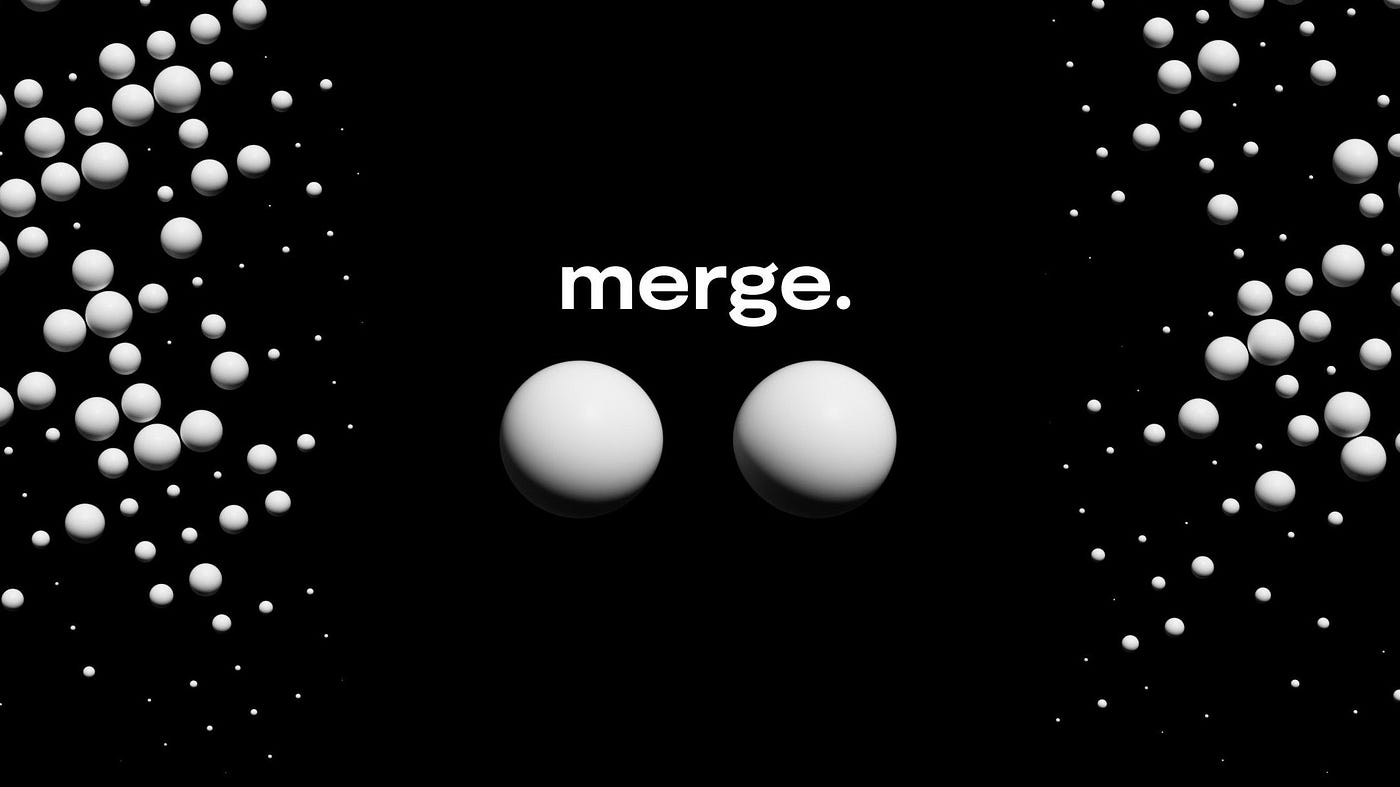
Pak, a prominent figure in today’s NFT art scene, draws widespread attention due to both his enigmatic identity and groundbreaking NFT sales. Despite maintaining anonymity, his creative depths are seen through his artworks, platforms, and distinctive sales strategies.
Pak, an anonymous digital artist, programmer, and cryptocurrency investor, achieved unparalleled recognition by selling “The Merge”. This is the world’s most valuable non-fungible token (NFT) collection, for an astounding $91.8 million on Nifty Gateway in December 2021.
“The Merge” stands as the highest-priced NFT art collection ever sold in a single session. This also secures its place in history with the remarkable $91.8 million transaction on Nifty Gateway, a platform now ranked fifth among Forbes’ top global NFT marketplaces.
This multimillion-dollar masterpiece was ingeniously divided into 266,446 fragments, or “masses”. It was also distributed among 28,983 collectors, challenging the conventional notion of art as a singular entity.
AI Digital Artists
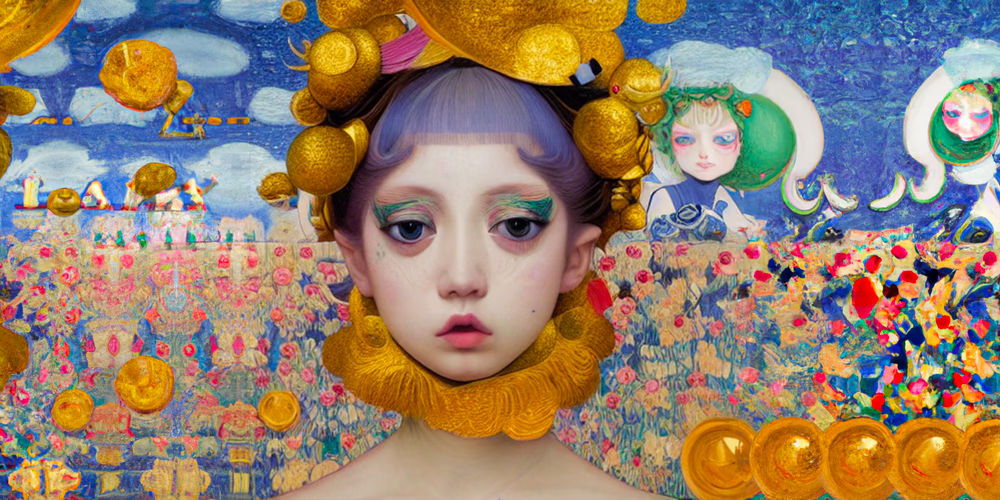
Claire Silver is a digital artist renowned for her distinctive use of artificial intelligence (AI) to create thought-provoking art. Her work delves into a spectrum of themes. These range from vulnerability and trauma to societal structures. It has gained global recognition, gracing galleries and museums worldwide.
Silver stands as a prominent figure in the AI art movement, making significant strides in the NFT arena. Her art seeks to transcend ordinary experiences. It invites viewers to explore a “wordless truth” through her creations. Although her personal life remains veiled, her profound knowledge of art history and marketing, cultivated during her early years as a traditional artist, is evident. Today, she harnesses generative media and AI tools to craft diverse forms of art by inputting various media.
Her artworks venture into profound themes such as vulnerability, trauma, disability, social hierarchies, innocence, and divinity, all while contemplating their role in our transhumanist future. She sees herself as a torchbearer, akin to a “caveman painting fire,” amid the rise of AI. She also emphasizes the importance of acknowledging our inherent transcendent desires as humans. Her artwork vows to carry them into the future.
Claire Silver’s unique style and groundbreaking pieces have propelled her to a leadership position in the burgeoning AI art movement. Her notable achievements includes her best-selling Genesis artwork fetching 52 ETH on SuperRare and top sales from her “AI Art Is Not Art” collection surpassing 30 ETH. To conclude, Silver firmly establishes herself as one of the top-selling artists in the NFT realm.

Refik Anadol, a media artist and director hailing from Istanbul, has garnered global admiration for his expansive and interactive AI projects. His studio is renowned for the remarkable transformation of architectural spaces and facades into colossal canvases for live media art. Anadol specializes in crafting site-specific public art and data sculptures. These are often coupled with captivating audiovisual performances and immersive installations.
Through his body of work, Anadol delves into the intricacies and potentialities of pervasive computing. He explores the essence of humanity in an era dominated by machine intelligence. His award-winning projects also venture into the shifting perceptions of time and space as machines increasingly shape our daily existence.
Anadol’s latest masterpiece, “Machine Hallucinations: Sphere,” unfolds within a 580,000-square-foot dome. This dome casts a mesmerizing tapestry of light and artistry. Unlike his previous AI-driven endeavors, Sphere represents a groundbreaking fusion of art and architecture, where the building itself becomes the canvas. Anadol’s ability to transform an ordinary architectural marvel into a visually arresting spectacle elevates his work to unprecedented heights.
Previously, Anadol projected his art onto iconic structures such as Frank Gehry’s Walt Disney Concert Hall and Antoni Gaudí’s Casa Battló. With Sphere, he transcends conventional boundaries, merging media arts and architecture in a manner reminiscent of science fiction. He also embeds technology seamlessly into the tangible world around us—an awe-inspiring Blade Runner moment.
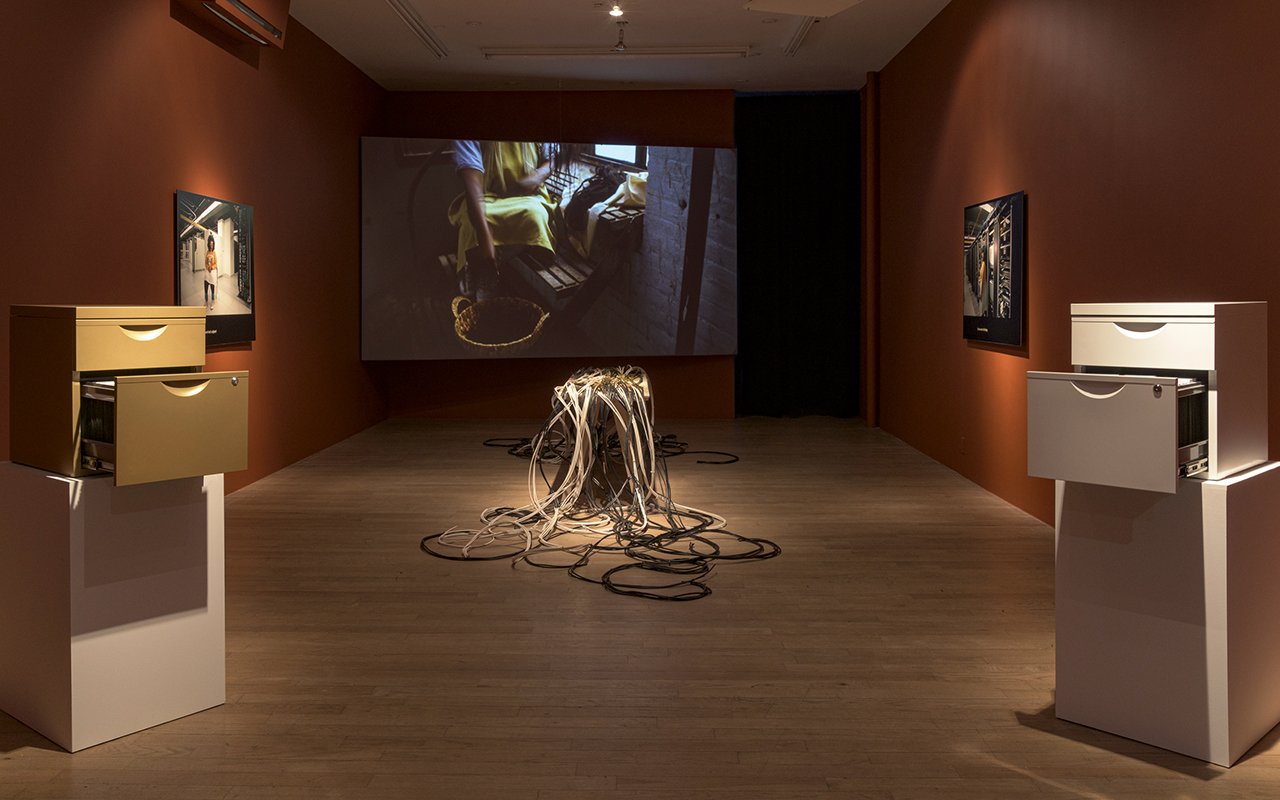
Mimi Ọnụọha, a Nigerian-American artist, challenges and unveils the contradictory aspects of technological advancement in her work. Ọnụọha also provides fresh perspectives on understanding the apparent gaps that shape labor systems, ecological concerns, and human relationships. She does this via diverse mediums like print, code, data, video, installations, and archival materials
Her recent solo exhibitions have graced prestigious venues. These include bitforms gallery in the USA and Forest City Gallery in Canada. Ọnụọha’s art has also been showcased at renowned institutions like the Whitney Museum of Art (USA), the Australian Centre for Contemporary Art (AUS), Mao Jihong Arts Foundation (China), La Gaitê Lyrique (France), Transmediale Festival (Germany), The Photographers Gallery (UK), and NEON (Greece), among others. Her public art initiatives have received support from organizations like Akademie der Kunst (Germany), the Royal College of Art (UK), the Rockefeller Foundation (USA), and Princeton University (USA).
Furthermore, Ọnụọha is a recipient of Creative Capital and Fulbright-National Geographic grants. She is also the Co-Founder of “A People’s Guide To Tech,” an artist-led organization dedicated to creating educational guides and workshops on emerging technology.
Digital Collage Artists
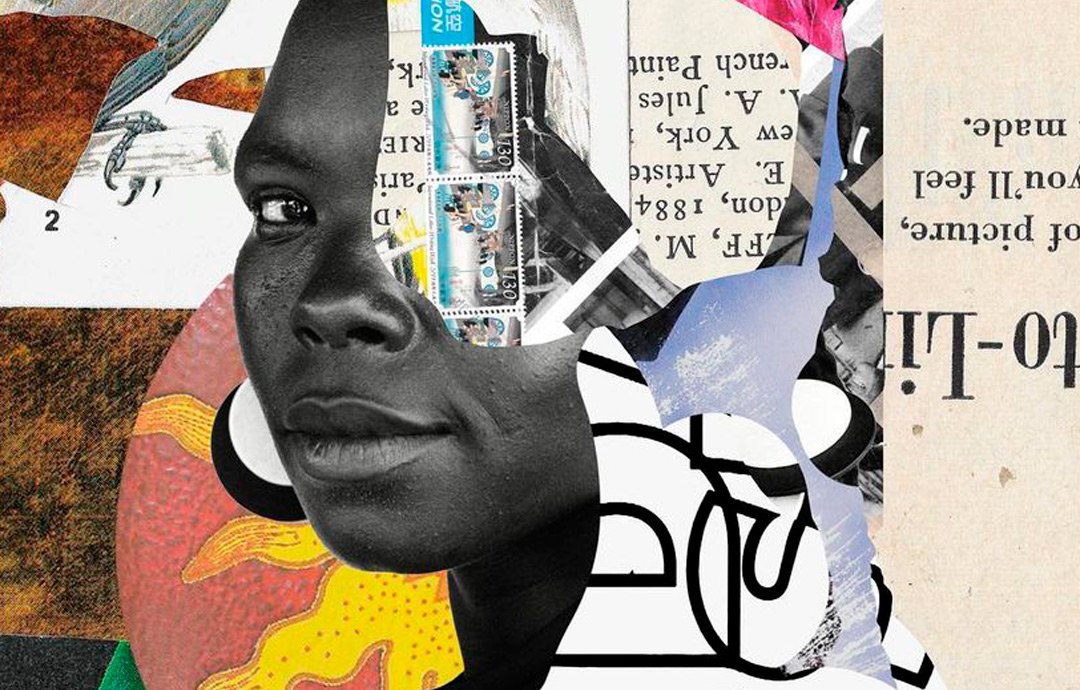
Aaron Marin is a mixed media collage and photo illustration artist based in the picturesque Hudson Valley region of Upstate New York.
To Marin, collage is more than just art; it’s a therapeutic process. It began as a means to reshape the world into a semblance of order that often eluded everyday life. However, as Marin delved deeper into this creative medium, they uncovered the profound influence of media images. Their fascination with the construction of racialized identities and the language entwined with representation became a driving force. Through the juxtaposition of print ads and their own photography, the layering of words and images, and the reconstruction of familiar symbols into new configurations, Marin harnessed the art of photography and collage as a tool for deconstructing established notions of beauty, power, and intellect.
Inspired by transformative figures such as Kerry James Marshall, Deborah Roberts, Glenn Ligon, Romare Bearden, Kara Walker, and Theaster Gates, Marin’s work embodies the ethos of “flipping the script.” These social innovators serve as beacons. They guide Marin not only to shed light on the tradition of framing black and brown bodies within racist, capitalist, and misogynistic discourses but also to employ their own multi-media collage and photography art to craft fresh visual narratives. Marin’s creations are hybrid images that breathe life into new worlds, infuse hope, and invite us to reimagine ourselves in entirely novel ways.
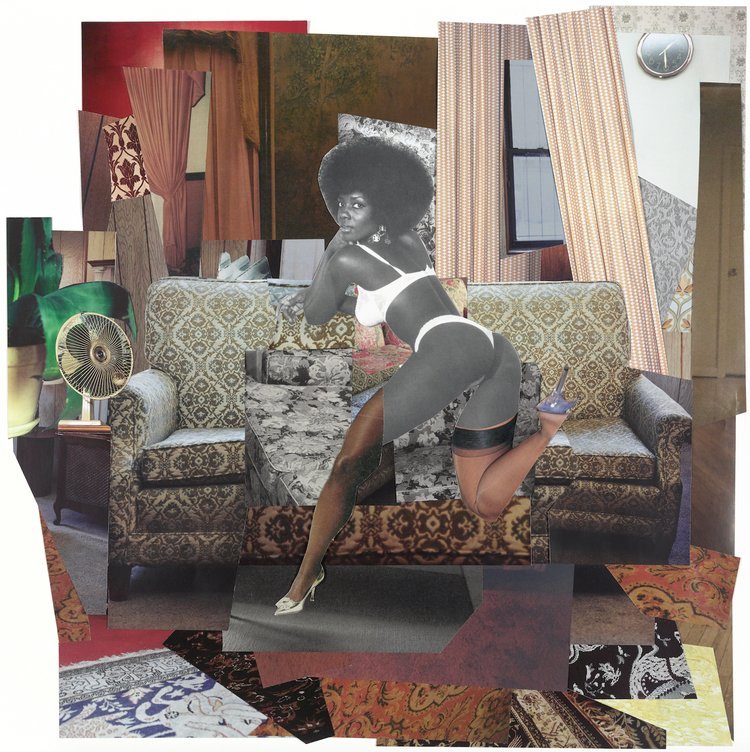
Bria Sterling-Wilson (or B.Sterling), in her artistic journey, redefines the portrayal and perception of African American men and women in society using a unique blend of found materials like magazine clippings, newspapers, and fabric.
In her thought-provoking collages, Bria skillfully places individuals within contrasting contexts. She showcases diverse hair, facial features, body elements, environments, and attire. Her artwork pays homage to the intricate tapestry of the African diaspora. Doing this by visually addressing critical themes such as cultural appropriation, racial dynamics, police brutality, stereotypes, identity, and the unrealistic beauty standards that women of color are often subjected to.
Through the art of cutting and manipulation, Bria seizes control, allowing her to narrate the story of her community. Her creations serve as a powerful medium to convey the oppressive historical narratives associated with the black community. She effectively challenges age-old discriminatory imagery. Bria’s contemporary collages are a bold and compelling response to these prevailing views and ideals.
Within the black experience, Bria explores the captivating dimensions of struggle, unity, culture, and resilience. Her artistic practice serves as a poignant exploration of these facets, shedding light on the profound and multifaceted journey of individuals of color.
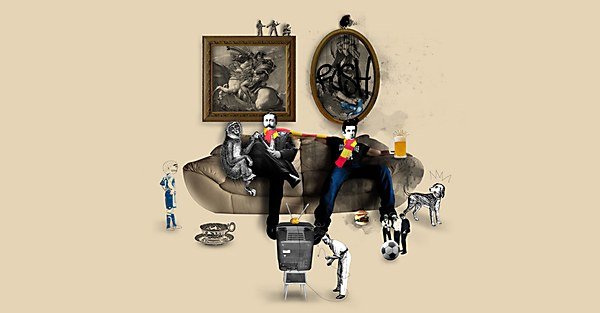
Max-o-matic, born Máximo Tuja in Buenos Aires in 1975. He is an accomplished artist and image creator who has been based in Barcelona since 2002. With a unique artistic vision, he constructs a captivating alternate reality using fragments from the world around us.
Max-o-matic’s artistic footprint spans the globe, with exhibitions hosted in prestigious galleries in cities like Barcelona, London, Madrid, New York, Tokyo, Berlin, Rotterdam, Antwerp, Rome, Lima, and Mexico City, among others. His work is a testament to his versatility and reach. He seamlessly blends commercial and editorial projects with his signature collage artistry. Renowned brands such as Nike, Wired Magazine, Spotify, Newsweek, New York Times, Electronic Arts, and Universal Pictures have all benefited from Max-o-matic’s distinctive collage expertise.
Furthermore, Max-o-matic is a trailblazer in the contemporary collage scene. He co-founded and directs The Weird Show, a platform that shines a spotlight on the world’s most exceptional contemporary collage artists through exhibitions, online showcases, and printed publications.
What Programs/Apps Do Digital Artists Use?
Photoshop is a powerful and versatile image editing software developed by Adobe Systems. It enables users to manipulate and enhance digital images and graphics with a wide array of tools and features. Photoshop is widely used by photographers, designers, artists, and professionals across various industries to retouch photos, create complex illustrations, design graphics, and more.
Its capabilities include adjusting colors, adding or removing elements from images, applying filters and effects, and working with layers to achieve precise and intricate edits. Photoshop has become an industry standard for digital image editing. It also plays a pivotal role in graphic design, photography, and digital art.
Procreate is a popular digital painting and illustration app designed for creative professionals and artists. It’s available exclusively for iOS devices like the iPad.
Procreate offers a wide range of powerful tools and features, including brushes, layers, and a user-friendly interface. This makes it ideal for creating stunning digital artwork, illustrations, and designs. Artists can work with various brushes and textures, simulate traditional media, and take advantage of advanced features like layer masks and blending modes.
Procreate has gained a reputation for its responsiveness and high-quality output. It is a top choice for digital artists and illustrators seeking a portable and versatile creative tool.
check out our nft creator guide and AI guide
Autodesk SketchBook is a widely acclaimed digital sketching and painting software, known for its accessibility and versatility. Developed by Autodesk, it provides artists, illustrators, and designers with a powerful yet intuitive platform for creating digital artwork.
SketchBook offers a rich assortment of brushes, colors, and tools that closely mimic traditional art materials. This allows users to achieve a natural and expressive feel in their digital creations. It’s compatible with various devices, including tablets and smartphones. This further makes it a portable and convenient choice for artists on the go. Whether for professional projects or personal expression, SketchBook is a favored tool in the digital artist’s toolbox.
Read the full article here
